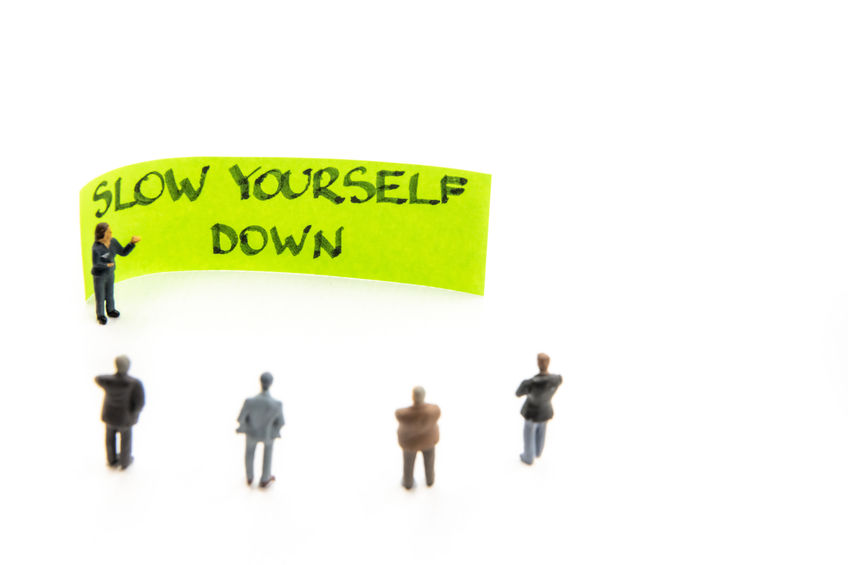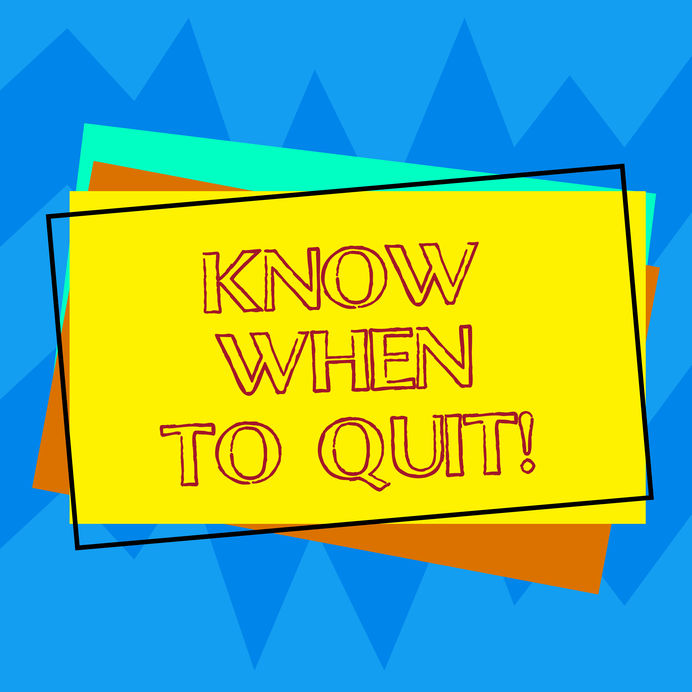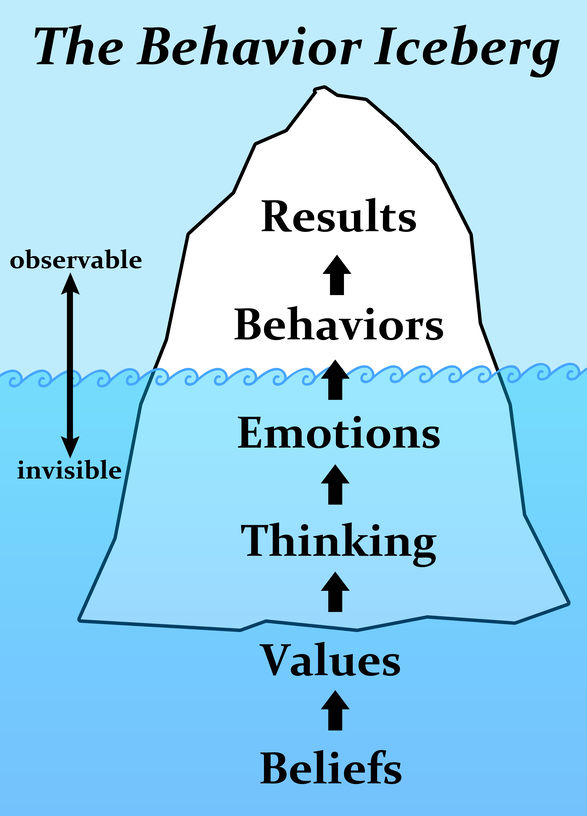Achieve more by going at a slower pace

Now I’m sure you’ve heard of the story of the tortoise and the hare? “The hare is very confident of winning, so it stops during the race and falls asleep. The tortoise continues to move very slowly but without stopping and finally it wins the race. The moral lesson of the story is that you can be more successful by doing things slowly and steadily than by acting quickly and carelessly”. Have you ever thought that to GO SLOW or SLOWER you might achieve more? If nothing else COVID-19 and lockdown this time last year taught us, was that we can get caught up in the ‘carousel of life’ wishing we could ‘stop the bus’, but not knowing how or even when. COVID-19 and the lockdown caused the whole world to stop and when we did, we had time to think, to breathe, to reflect, to contemplate where we are,




